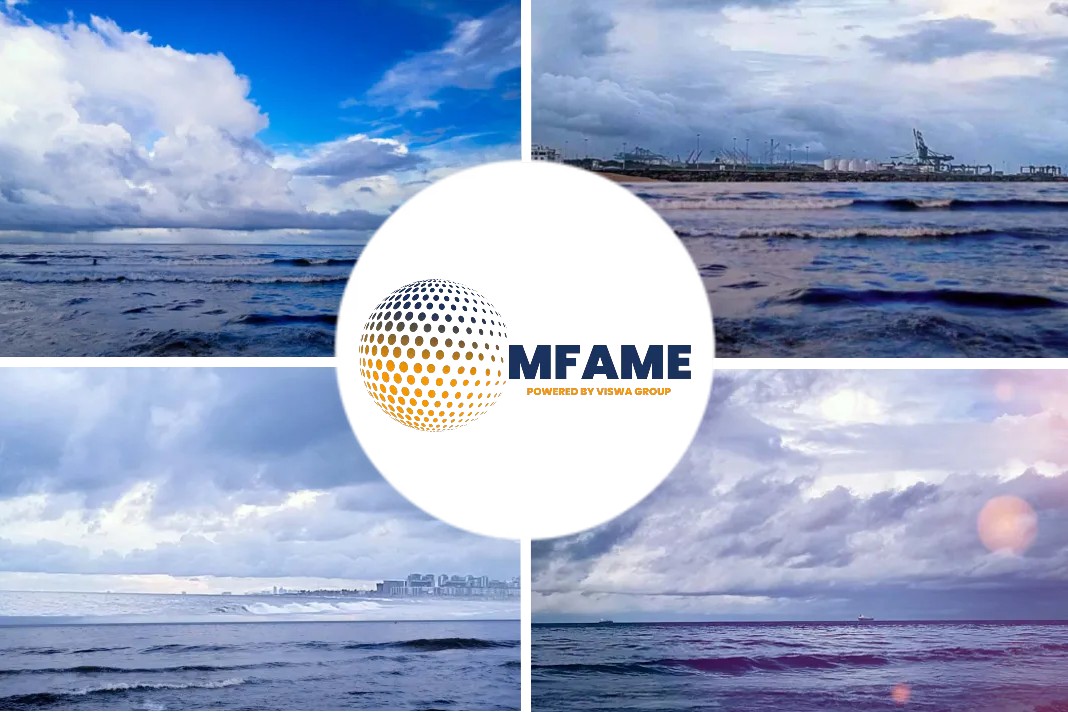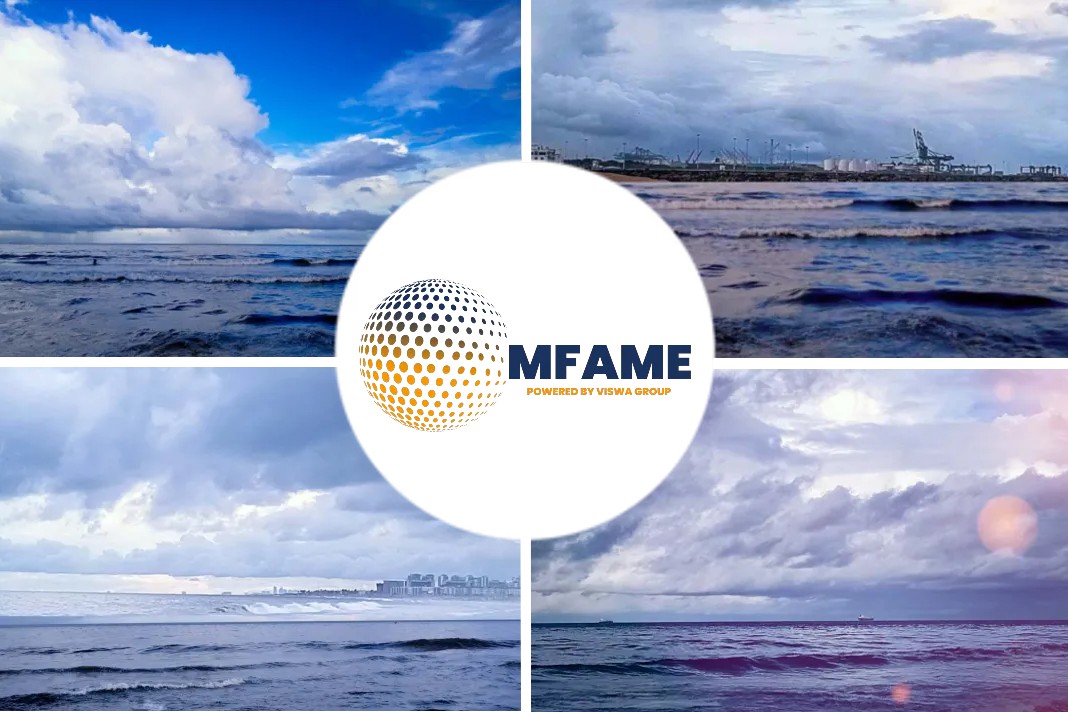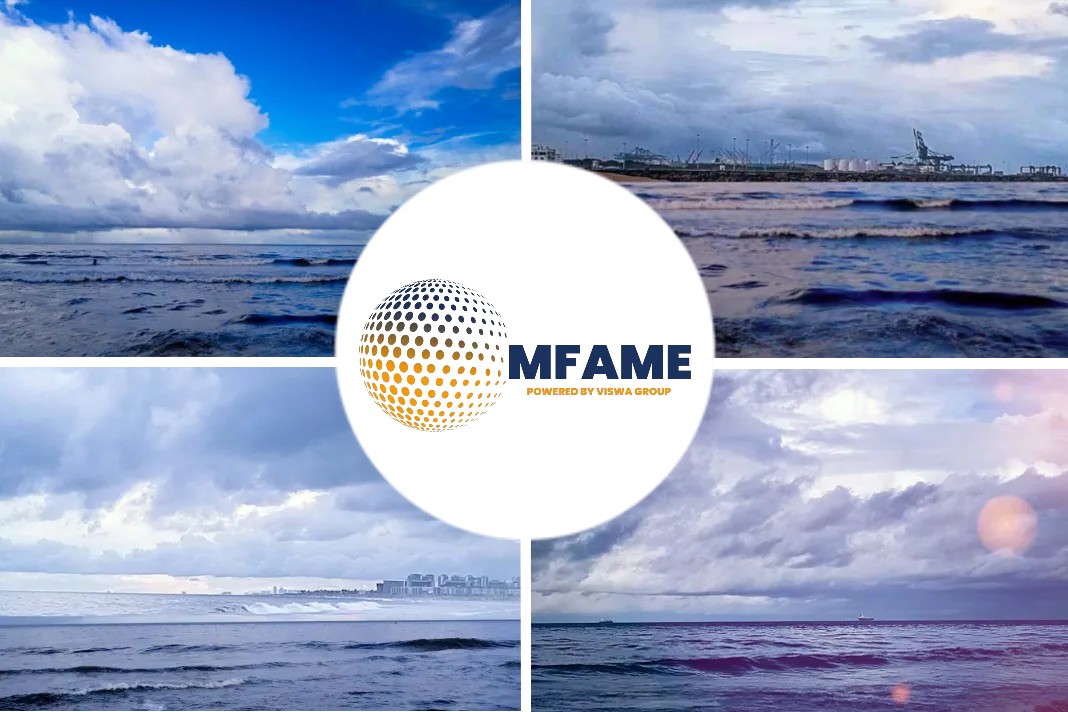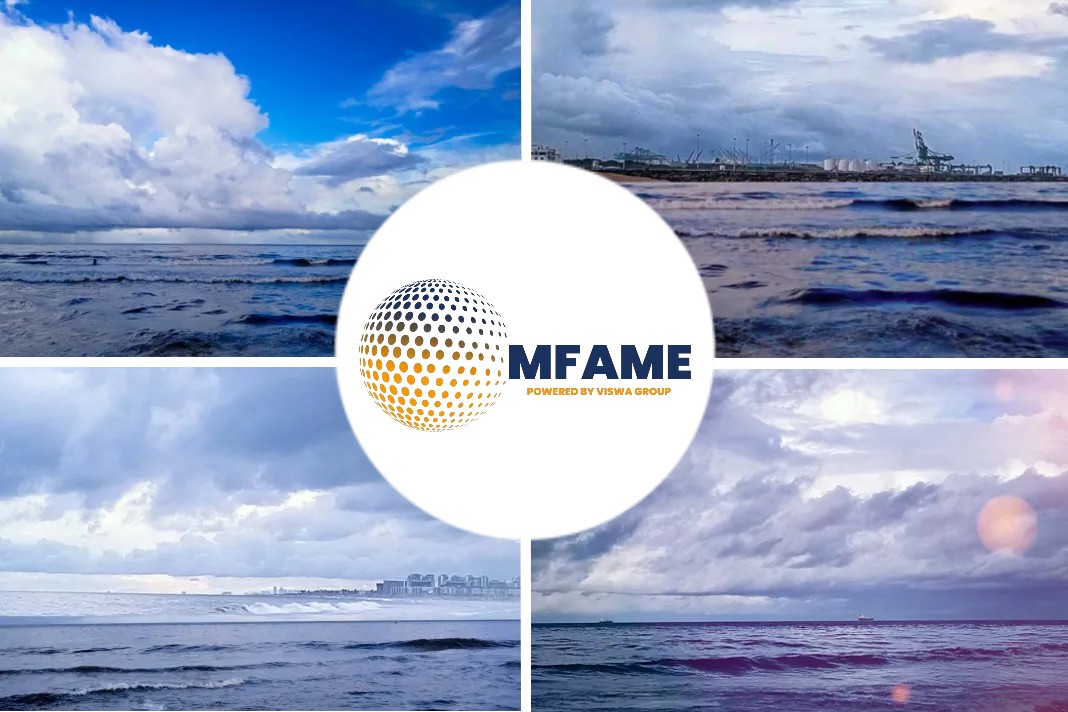Detentions and arrests, missed compliance deadlines, mergers and more; Craig Jallal predicts the top trends for the ballast water sector for 2019, reports Ballast Water Treatment Technology.
2019: Record-Breaking Year for USCG Detentions
Where there is a regulation, there must follow an example being made of the rule breakers to get the word out about the regulation. Therefore, Craig makes the sad prediction that more ships will be detained and more crew arrested in 2019.
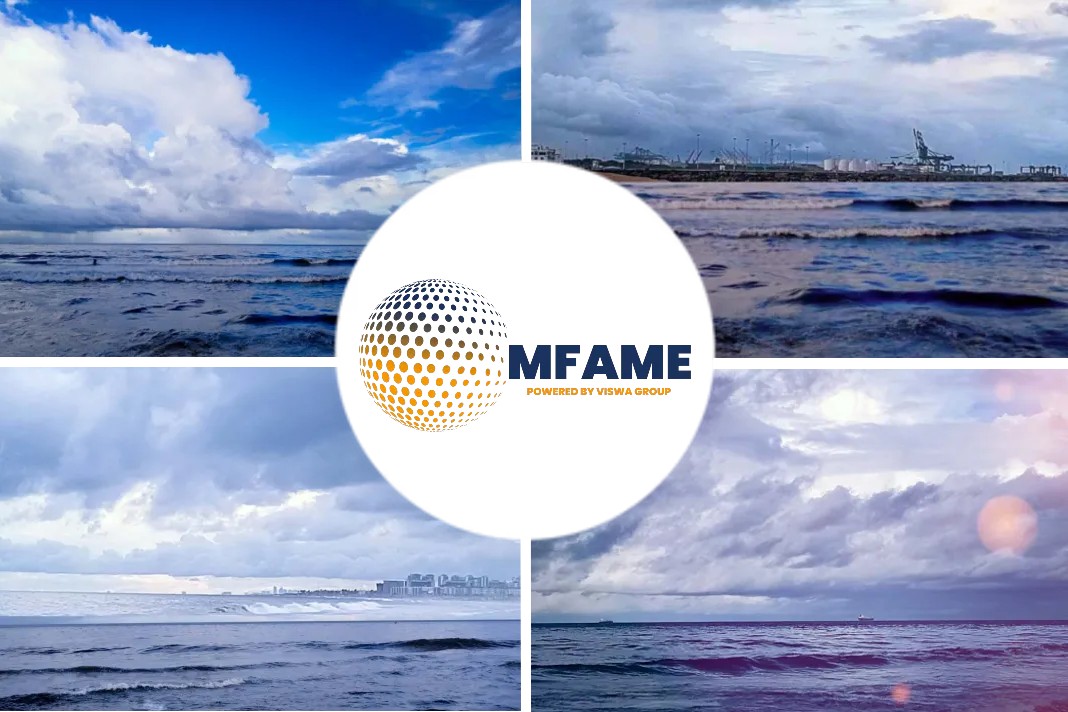
The bulk of these arrests are likely to be made in US waters where the USCG has a great deal of experience in searching for defects and omissions on vessels. Under VIDA, the USCG is the enforcement arm of the EPA. However, the recent project by Interpol sets an example of how a global sweep could take place in the future.
Too Late for IOPP Compliance Renewal Date
It has taken 15 years since 2004 for the full implementation of IMO ballast regulations to arrive. It has been a long process, with notable compromises. The compromise on compliance dates for ballast water discharge reached in July 2017 at MEPC 71 means that ships built after 8 September 2017 must comply on delivery, while existing ships, in general, must comply by the first International Oil Pollution Prevention (IOPP) certificate renewal after 8 September 2019.
According to one leading authority on ballast water, it can take at least nine months to properly design, integrate and commission a ballast water system. Therefore, if you are reading this in 2019, are operating ships built before 8 September 2017 and have not started retrofitting ballast water systems, you are in danger of missing the September deadline.
Cost of R&D Will Force Mergers
Some of Craig’s ‘predictions’ for 2019 are more in the style of observations, but one prediction he feels confident making is that 2019 will be a year of mergers. The driving forces will be external. Shipping is a global business and shipowners and operators need global-sized operators who can supply, fit and repair compliant systems and sensors for specific ships and who will have the staying power to be there in 10 years’ time. There are only a handful of manufacturers that fit that bill right now, but that number could increase quickly if smaller teams got together.
Some merger activity has already been spotted with the Sonardyne purchase of environmental sensing technology specialist Chelsea Technologies, Evac Group’s takeover of Cathelco Evolution, LuminUltra’s acquisition of aqua-tools, and other close cooperation between like-minded companies.
BEMA a Significant Voice in 2019?
2018 saw the formation of the Ballast water Equipment Manufacturers Association (BEMA) following discussions on our LinkedIn group and initial meetings in London and New York. BEMA is now a registered trade association based in the US providing co-ordinated, technical, non-commercial guidance to both the maritime industry and regulatory agencies trying to understand the intricacies of ballast water treatment.
According to the inaugural chairman and senior market manager for BWMS maker Hyde Marine, Mark Riggio, BEMA will serve as a key resource for shipowners, designers, testing equipment suppliers and regulators to discuss openly how ballast water treatment systems work, how they are designed, and what the reasonable expectations of systems are, as they are installed and operated across the world fleet.
One surprise is that BEMA has decided not to apply for non-governmental organization observer status at IMO. To my mind, a lot of the issues with IMO’s Ballast Water Management Convention could have been solved with input from a trade association back in 2004. Craig expects BEMA to apply for NGO status in 2019, and he would like to be an observer at some of the BEMA meetings.
No Central Database, No Compliance Knowledge
As a relative newcomer to the ballast water scene, Craig has been struck by the lack of available data. Just how many ships have ballast water systems fitted? The IMO Global Integrated Ship Information System (GISIS) is under development and being populated with shipboard ballast water management system information on a voluntary basis.
He predicts that owners and operators will see the value in populating this database with their ship’s ballast water management system data as a marketing tool for prospective charterers. Access to the public GISIS data is free, but access to ballast water information is reserved for a higher level of access.
Did you subscribe to our daily newsletter?
It’s Free! Click here to Subscribe!
Source: Ballast Water Management







